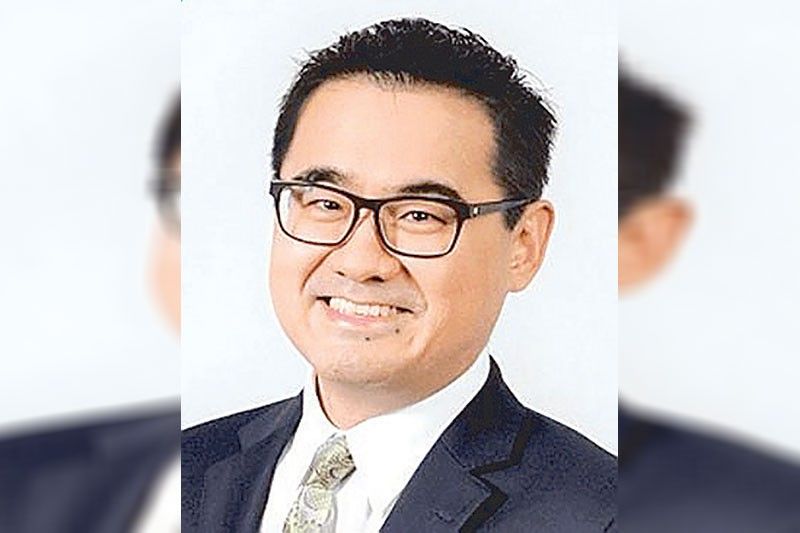Go pushes reforms to address concerns

MANILA, Philippines — The newly created Office of the Special Assistant to the President for Investment and Economic Affairs (OSAPIEA) is spearheading programs and reforms to address investor concerns and streamline processes.
“While we have made significant strides to create a conducive environment for investments, there’s much work to be done for our country to be globally competitive,’’ OSAPIEA Secretary Federick Go said during a forum on ease of doing business conducted by the Anti-Red Tape Authority (ARTA).
Go said his office is working with Congress to bring back certainty in the country’s laws to assure investors of predictability and firm implementation of policies that protect their investments.
“As we speak, we are taking major steps to resolve issues stemming from the tax reform for acceleration and financial inclusion, the corporate recovery and tax incentives for enterprises, otherwise known as the CREATE Law and TRAIN Law. Both laws have generated serious concerns for foreign direct investors, particularly exporters, and I have put this on top of our to-do list,” Go said.
He said they are looking at ways to simplify the application of incentives for all future registrants.
To be specific, Go said they are hoping for the restoration of the powers of the investment promotion agencies (IPAs) such as the Philippine Economic Zone Authority, the Board of Investments and the Subic Bay Metropolitan Authority.
“We want to give the IPAs back their power over the locators in their respective economic zones. This will enable IPAs to protect companies from regulatory inconsistencies and ambiguities, as well as excessive bureaucracy and red tape,” Go said.
He emphasized that this would reduce the processing time for incentive applications and revert the country back to the pre-CREATE regime.
Aside from this, Go said his office is hoping for the clarification and simplification of tax-related rules.
He said they are working with Congress to address the ambiguity on the coverage of the VAT-zero rating, to ensure that the law is clearly worded to avoid conflicting interpretations by the implementing agencies.
“This will streamline the VAT-rating process by limiting required documents and reasons for denial to those specified by law, and allowing claimants the opportunity to request for reconsideration before a final decision is made,” Go said.
In addition, Go noted that there is a clause to clarify the transitory provisions in trade.
“For this, we are also working with Congress to explicitly state that the non-income tax-based incentives, particularly VAT-zero rating, VAT exemption and duty exemption are not subject to the sunset period, and that registered business enterprises may enjoy them for as long as they are registered in good standing with an IPA,” he said.
Moreover, to protect pre-CREATE enterprises from the effects of changing laws and tax incentives, Go said a sunset period of 12 years to enjoy pre-CREATE incentives is being considered.
Go said another reform that they have been working on is prioritizing potential reforms aimed at addressing long-standing issues in customs administration to curb smuggling, reduce misdeclarations and prevent substandard goods.
- Latest
- Trending





























